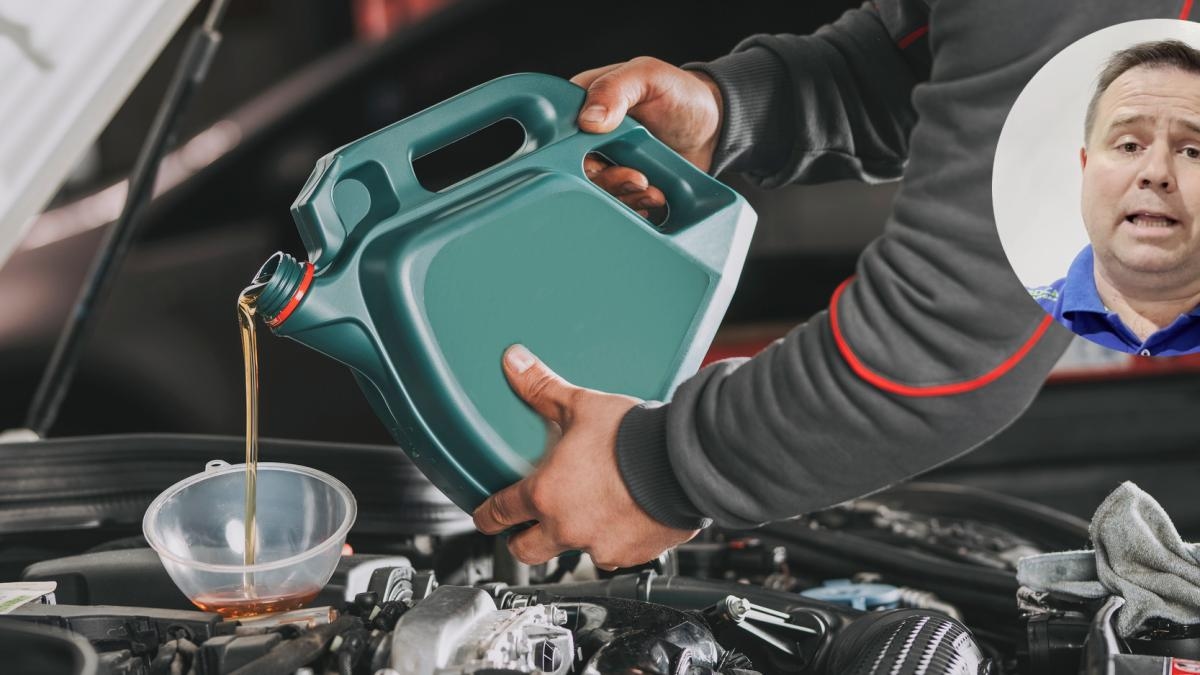Pablo Fabián, mechanic: “If you put a more viscous oil in an engine, it loses its lubricating capacity, takes longer to reach all parts, and the pump consumes more energy.”

Carlos Nieto
"Is a more viscous oil better for my engine?" "How will my car perform with a thinner oil ?" Don't fall into the trap of experimenting on your own. Each engine requires a different type of oil, according to the manufacturer's specifications . It's true that, in engines with high mileage , it's sometimes recommended to change to a thinner one. But at this point, it's essential to seek the advice of a good mechanic before changing at your own risk.

This is what Pablo Fabián Crapa, a mechanic at Talleres Craver and one of the most followed profiles on the subject on TikTok, explains through his account @mecanicaparamecanicos (more than 340,000 followers). In one of his latest videos, he explains why it's important to follow the guidelines indicated.
The expert explains what happens if you put a much heavier [viscous] oil in an engine. “What happens is that it loses lubricating capacity and absorbs much more energy. The fluidity of the oil has to do with its ability to reach all parts of the engine,” the mechanic explains, adding a key fact: “If you put a much heavier oil in, the oil pump will consume much more energy and the oil will take much longer to reach the engine.”
On the other hand, a thinner oil can cause real disaster for the engine . Because it's designed to work at a certain viscosity level, oil can leak through the gaps in seals and parts , resulting in insufficient lubrication. Overheating can eventually cause parts to melt, and the engine will be doomed . "It's best to use the viscosity oil specified by the manufacturer," says the mechanic at Talleres Craver.
And here comes the big question the mechanic asks: "Why do they put some heavier oils in a worn engine?" The answer lies in the clearance between the parts. Over time, with wear, mileage, shocks, and vibrations, the engine begins to lose oil due to the gradually increasing space between the parts.

Since disassembling an engine and checking all the gaskets, bolts, and parts is a daunting and costly task, the only option is often a thicker oil to prevent leakage: “ In a worn engine, the warning lights keep coming on. Why? Because the metals wear down, and you need a thicker oil to effectively create that lubricating film,” Pablo Fabián Crapa points out.
Ultimately, changing your oil is a fine balance between the mileage your car has and the miles it has left : "The right thing to do is use the oil the manufacturer told you to. And if time goes by, the miles go by, and you still have the car, before changing the oil, consult a professional to do the right thing and continue taking care of it properly," the mechanic concludes.
lavanguardia





